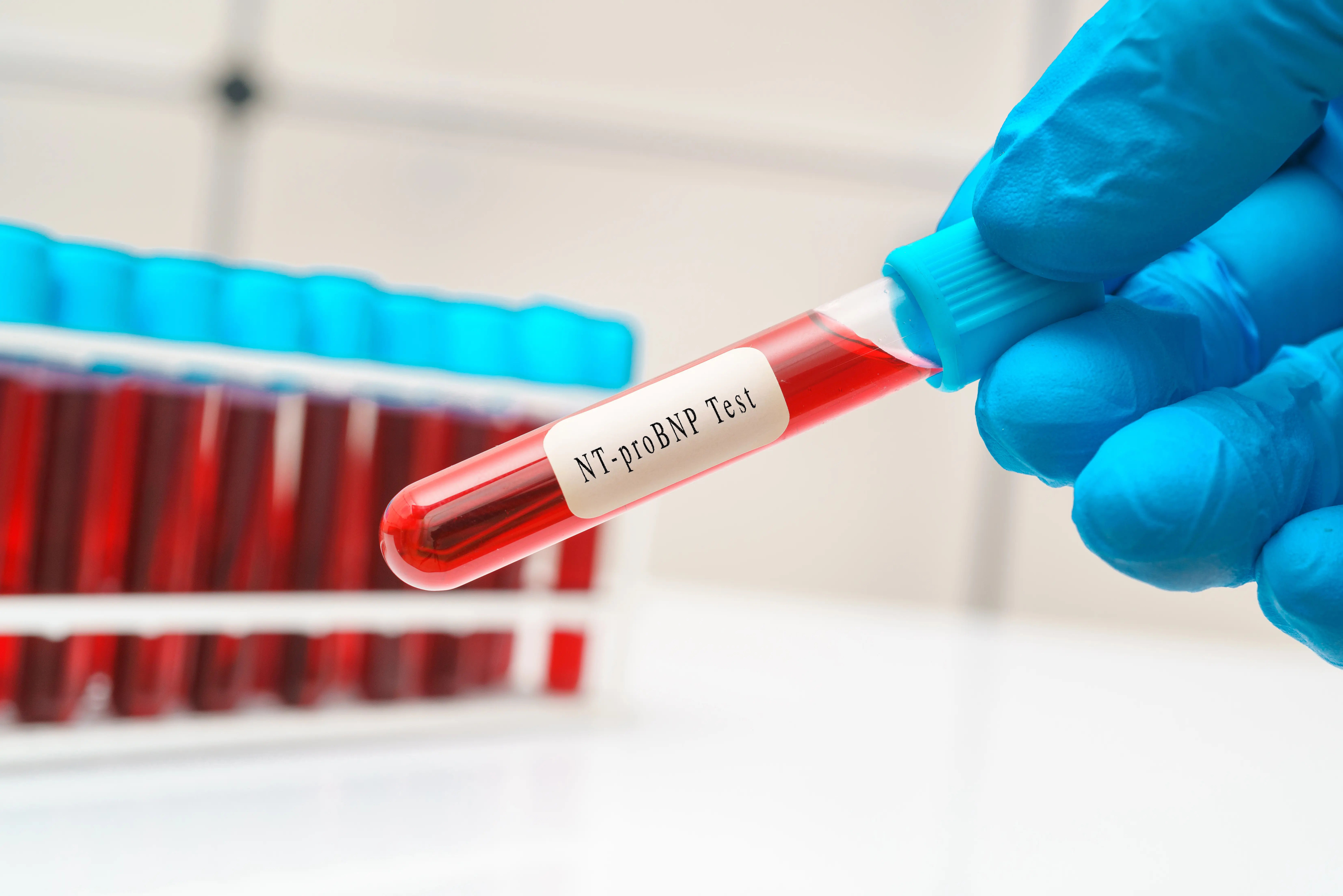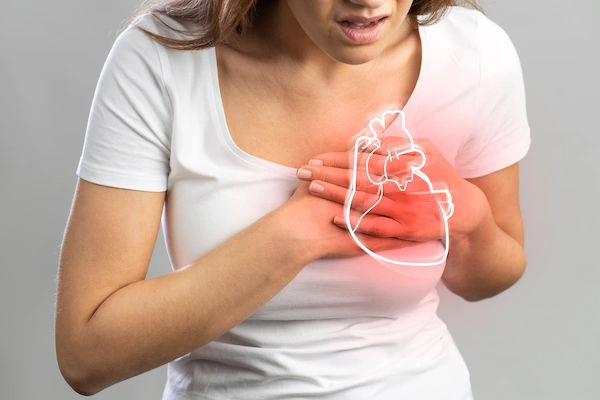- Female
- 19 Years
- 20/02/2025
I'm not sure if what I'm feeling is gas, but there's this mild pain in my heart area. Should I be worried about this, or could it just go away on its own?
Answered by 1 Apollo Doctors
Mild pain in the heart area could be due to various reasons, including gastrointestinal issues like gas, musculoskeletal problems, or cardiac concerns. Since it's important to rule out any serious conditions, I recommend consulting with your healthcare provider for a thorough evaluation. They may perform tests such as an ECG or blood work to rule out heart-related issues and provide further guidance based on their findings. If the pain is related to gas, lifestyle and dietary changes, along with over-the-counter antacids, might help.
Dr. Dhankecha Suggests...
Consult a Cardiologist
Answered 04/07/2025
0
0

Ask Apollo
AI powered Health Chatbot
-
Immediate Action:
- If the pain is severe, persistent, or accompanied by symptoms like shortness of breath, dizziness, or sweating, seek emergency medical attention immediately.
-
Possible Causes:
- Mild pain in the heart area could be due to gas, muscle strain, or other non-cardiac issues. However, it is important to rule out cardiac causes.
-
Recommendation:
- Monitor the pain. If it worsens or does not improve, consult a healthcare provider for evaluation.
- Keep track of any additional symptoms that may develop.
-
Preventive Measures:
- Avoid heavy meals and gas-producing foods.
- Maintain a healthy lifestyle with regular exercise and stress management.
Answered 10/09/2025
0
0

More Cardiology Health Queries
View allI'm a bit worried about my mom. She's been dealing with Diabetes and Hypertension for about 12 years now, and shes been taking medications to keep them in check. Since last November, she started on Ecosprin AV 7520 daily. I'm kind of concerned about if there are any side effects from taking it every day and whether its necessary to have Aspirin free intervals?
No need to stop medications , all the medications are to be continued including ecosprin.
Answered by 1 Apollo Doctors
I've been really worried about whether a TMT or an echo is better for checking for blockages. I mean, if I want to make sure nothing's wrong, which test should I go for?
echo is better advised for heart blocks
Answered by 1 Apollo Doctors
I'm really struggling with severe chest pain but all my heart tests like ECG, 2D Echo, and TMT showed nothing wrong. I'm also dealing with frequent panic attacks and heart palpitations, which is really concerning. I've been taking anti-inflammatory meds for about 10 days, but there's been no improvement. Could you please advise me on what I should do next?
start doing exercises, reduce your anxiety. consult a psychiatrist if still symptoms persists
Answered by 1 Apollo Doctors
Disclaimer: Answers on Apollo 247 are not intended to replace your doctor advice. Always seek help of a professional doctor in case of an medical emergency or ailment.

 Could the pain be caused by muscle strain?
Could the pain be caused by muscle strain? 



